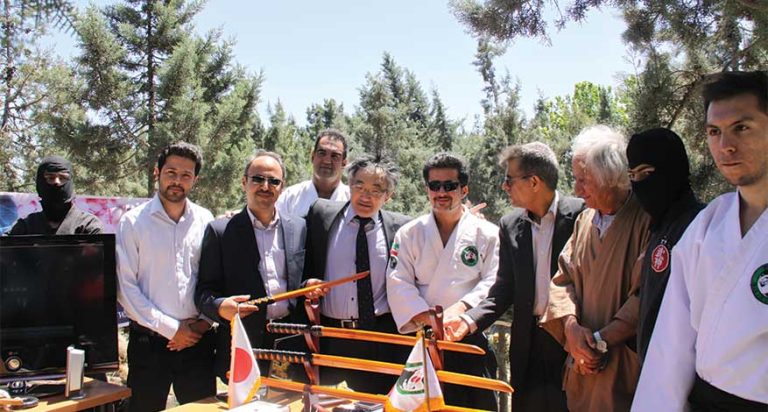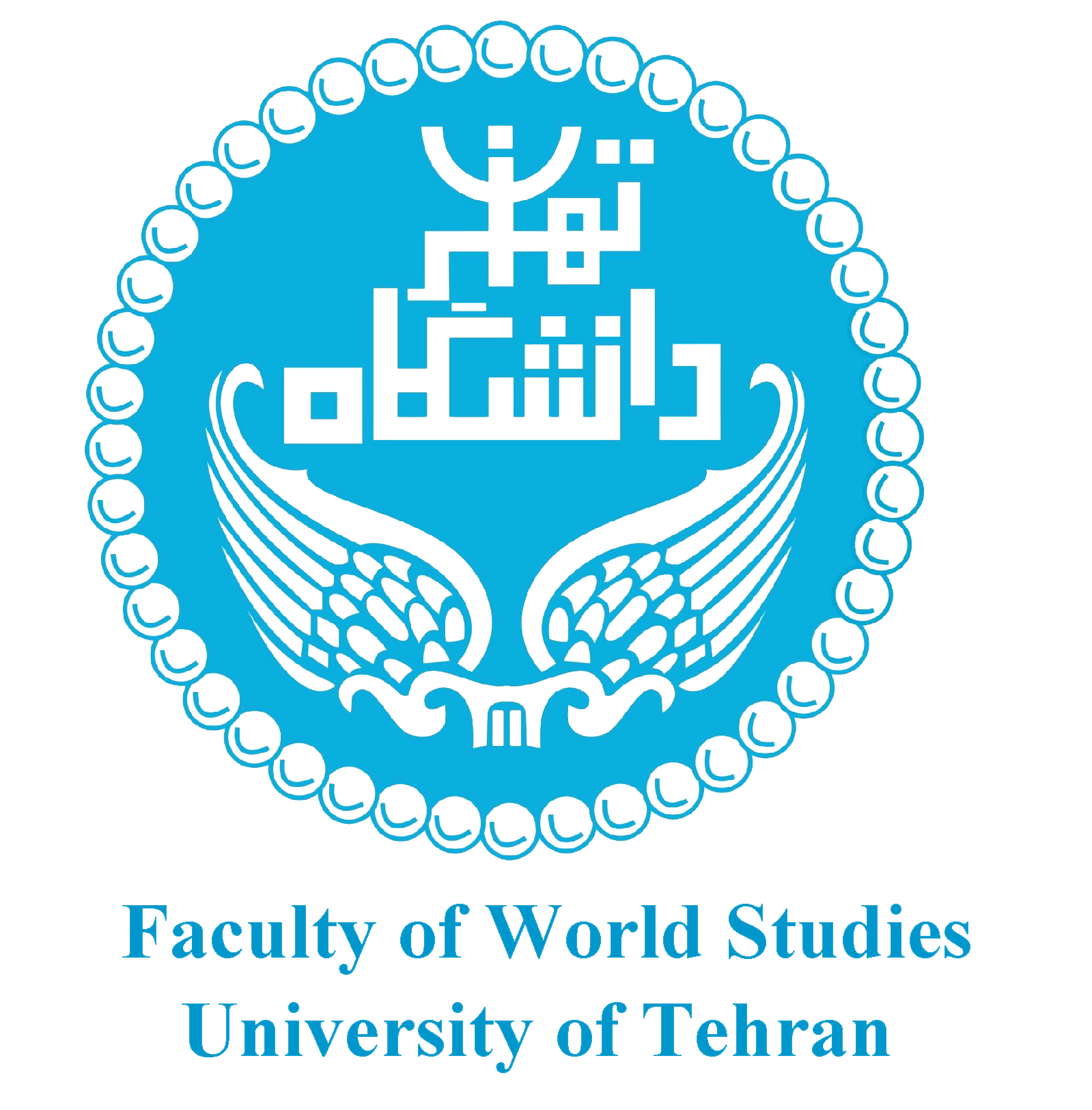رشته مطالعات ژاپن - دانشکده مطالعات جهان fws

Japanese Studies Program
For many years, the study of Japan has attracted the attention of a large number of students focused on economic-social issues, cultural, regional, and interdisciplinary studies globally. This is because Japan is the first Asian country that, despite 250 years of absolute isolation and more than half a century of war and conflict with the most powerful foreign forces, including Russia and the United States, managed to achieve major economic-technology and social-cultural indicators following the Industrial Revolution in a short period of time. On the other hand, in just 23 years after the end of World War II, with more than 3 million casualties and the destruction of over 25% of its national wealth, Japan became the second largest capitalist economy of that era.
Although Iranian interest in Japan began mainly in the late 19th century, historical connections between Iran and Japan existed prior to Islam, particularly through the Silk Road, and the remnants of these exchanges are still preserved in museums in Japan. Since the mid-19th century, during the first wave of attention to the advancements of other countries, Japan's (Japan) development model specifically attracted attention. Despite natural poverty and successive wars, the main and continued attention of Iran's elites and intellectuals to Japan has primarily been due to the country's industrial progress and development. This focus has continued to this day, to the point where in recent years, Iran's development model is sometimes referred to as "Islamic Japan." Despite this historical interest, systematic and interdisciplinary studies on Japan in Iran have never been fully established. However, Japan enthusiasts in Iran have carried out extensive studies, both in the past and present, to the point where more than 700 books on Japan have been published in Persian. Thanks to the University of Tehran’s Faculty of World Studies, this initiative has finally materialized after more than a decade of effort.
It is worth mentioning that the study of Iran in Japan has a history of more than 80 years, dating back to the establishment of diplomatic relations between Iran and Japan in 1929, coinciding with the beginning of the global financial crisis. This reflects the deep interest Japanese experts have in Iran. There is no doubt that in order to study Japan and the historical development of this country, interdisciplinary studies across various fields—including cultural, historical, economic, social, and political issues—are essential. These should be conducted with a coherent approach within the state institution as a shelter for development and growth. This means that one should not remain confined to narrow frameworks and should give adequate attention to philosophical-ideological issues and pre-capitalist and feudal institutional structures, the social-cultural transformations during the Enlightenment period, and the impact of Western thought on Japan's adaptation, since the secret of survival and gradual cultural-social and political-economic evolution lies in the ability to adapt to the conditions of the time, or even surpass them.
The Necessity and Importance of the Japanese Studies Program
The study of Japan has gained increasing importance, as the Far East has become one of the world’s most influential economic, scientific-technological, political, and cultural hubs, with the second and third largest economies in the world located in this region. Despite the fact that formal diplomatic relations between the two countries have only lasted for over 80 years, historical texts and evidence show that the connection dates back over a thousand years. Despite political-social changes over time, the relationship between the two countries has followed an evolutionary path towards greater friendship and mutual understanding. Building a bridge between Iran in the far west of Asia and Japan in the far east has always been of exceptional importance for both nations. Japan’s economic and technological power, and its role in the development of East Asian countries—including China—has significantly contributed to its special position in international politics. This country has a substantial, though quiet, influence on global economic governance. In addition to being a member of ASEAN and APEC, Japan is part of the powerful G8 group and, more recently, the G20. Moreover, Japan is one of the G4 countries (Germany, Brazil, Japan, and India) and is striving for permanent membership in the UN Security Council, though none of these countries have yet achieved this goal due to the one-sided and coercive structure of the organization. It should also be noted that many countries in the West Asia and Central Asia regions are interested in studying Japan, and the Japanese Studies program at the University of Tehran has the potential to become a center for collaboration and convergence among interested parties in the region.
Definition of the Japanese Studies Program
- The Master’s program in Japanese Studies is a graduate-level program offered by the Faculty of World Studies at the University of Tehran.
- This program is interdisciplinary in nature. As such, it utilizes various fields of social sciences and humanities in its design, allowing students to become familiar with the intellectual-institutional foundations and local-global characteristics of the economic, social, and political system of Japan.
